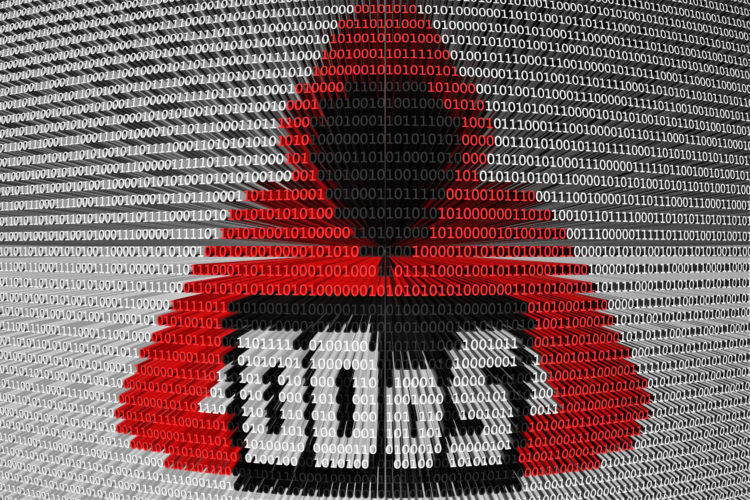Cybercrooks are slowly turning their backs on crime because they are finding it is more profitable to mine crypto, according to research from Kaspersky Labs.
Per Kommersant, the Russian software giant said that distributed denial-of-service (DDoS) attacks in the final quarter of the 2020 financial year were actually up on the previous quarter’s figures by 10%, but pointed out that in the same period in 2019, the rate increased by a whopping 44%.
Kaspersky claimed that the slowdown had been “caused by the rise of crypto prices,” and concluded that botnet operators had redirected at least “part of their capacities” to mining.
Aleksey Kiselev, a Kaspersky project manager in charge of the firm’s DDoS Protection team, said that “no explosive growth or fall” in DDoS attacks was “expected in the near future” – perhaps an indication that criminals too believe that bitcoin (BTC) prices of USD 50,000 and above, as well as sky-high altcoin growth, are no mere flashes in the pan.
Kiselev claimed that while DDoS was a “tool that remains in demand among cybercriminals,” the “rise in the price of cryptocurrencies” carried another risk, meaning that crypto-related groups could become the focus of new attack strategies.
Higher token costs, Kiselev said, “make [potential] attacks on crypto miners more lucrative.”
Russian hackers are believed to be some of the most active botnet users in the world, and have successfully used the technology to perform crippling attacks on a number of domestic and overseas websites.
However, it appears that Russian computer specialists have had their heads turned by crypto mining, with reports last month that “high-performance [cards] have completely disappeared” from the “open” market.
Miners are now paying inflated fees worth over double the market price for video cards on the black market – bulk-buying batches of 1,000 cards or rigs directly from suppliers.
___
Learn more:
– Bitcoin Mining in 2021: Growth, Consolidation, Renewables, and Regulation
– Crypto Security in 2021: More Threats Against DeFi and Individual Users
Credit: Source link













































































































































